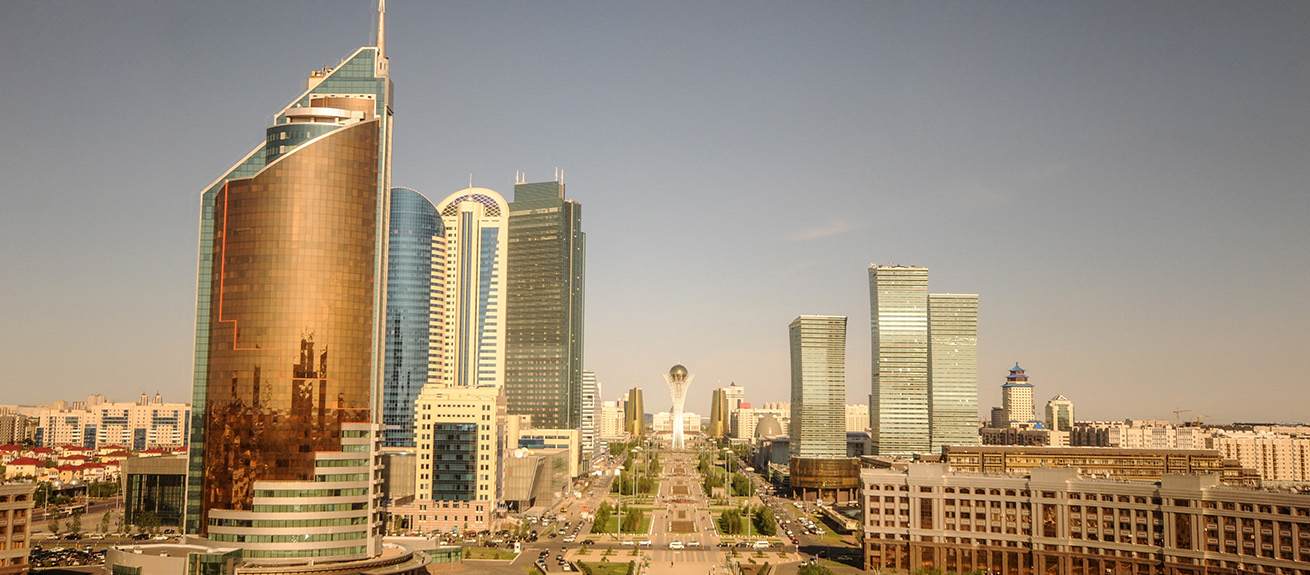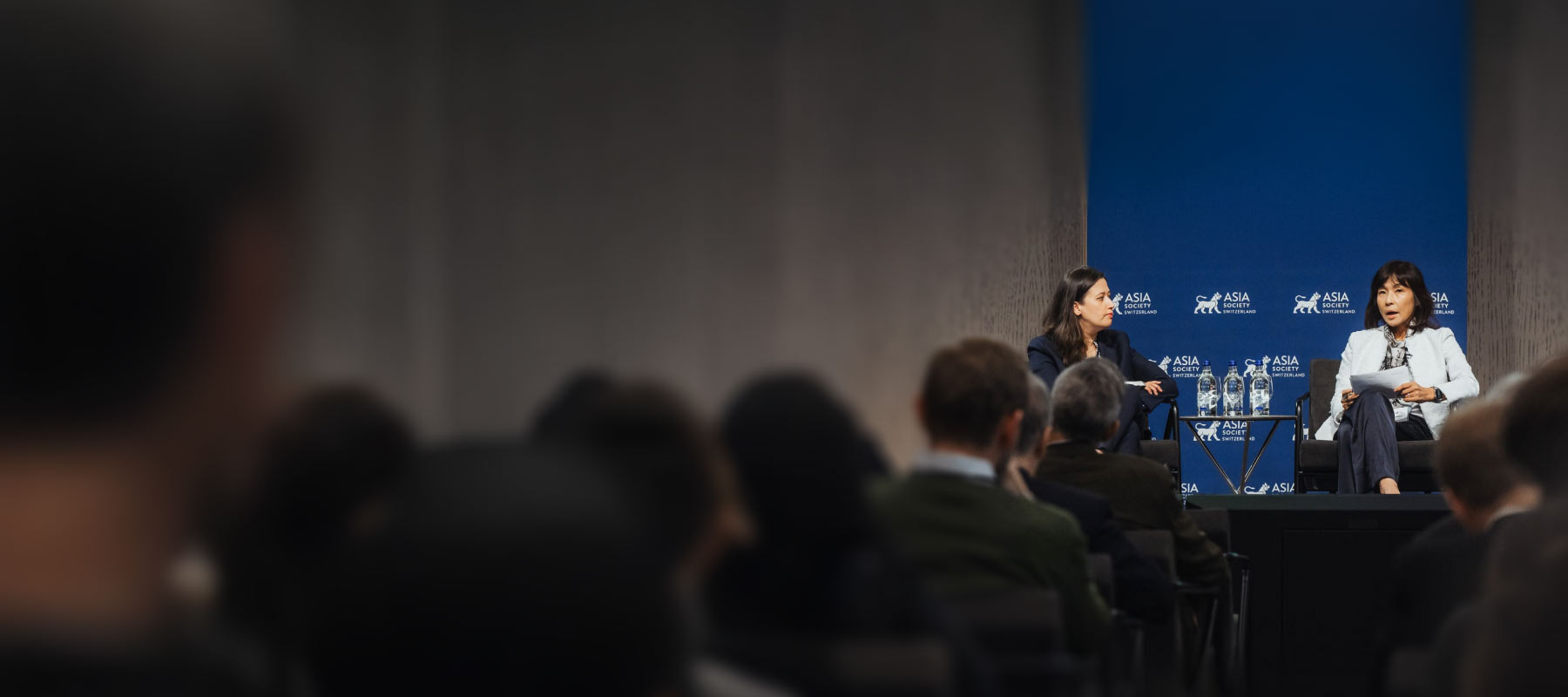
Central Asia: the Great Game in the new global disorder of the 21st century
The Great Game was the term coined in the 19th century popularized in the 1901 novel Kim by Rudyard Kipling, to describe the rivalry between the British and Russian Empires over Afghanistan that extended out to neighboring states in Central and Southern Asia. It involved constant tensions with Russia and Britain playing on the Central Asian chessboard; a number of wars erupted.
The Great Game was believed to have ended in 1895; in light of the many tectonically disruptive developments of the 20th century, notably the rise and conquests of the Soviet Union, it would seem to have been relegated to the annals of history.
However, Central Asia clearly has become and will increasingly become a key global geopolitical arena; the Great Game is back, albeit with a different set of players.
In a sense, the Great Game made its reappearance with the Soviet invasion of Afghanistan in 1979. In retaliation, the Americans boycotted the 1980 Moscow Olympic Games with the Russians responding in similar fashion four years later in Los Angeles. In 1989, the Soviets withdrew from Afghanistan, the war having been a major factor in the collapse of the Soviet Empire two years later, as it had been a factor ultimately in the collapse of the British Empire in the 19th century ….. and may prove a factor in the coming collapse of the American Empire or what pundits call Pax Americana in the 21st century?
The US-USSR conflict over Afghanistan was clearly a phenomenon that belonged to the 20th century paradigm of the Cold War. Just over ten years after the Russians left Afghanistan with their tails between their legs, the Americans invaded Afghanistan (in 2001), making it the longest war in American history. Experiencing similar frustrating stalemates to those experienced by the British and the Russians, the US has been bogged down in Afghanistan, counting well over 2,000 soldiers killed and ten times that amount, 25,000, wounded in action. President-elect Donald Trump has said he would bring about the total withdrawal of American troops from Afghanistan. Though it remains to be seen which election pledges Trump will be likely, or indeed able, to keep, I think that this one he will be likely to uphold.
While the old order has clearly collapsed, there is as yet no new order discernible on the horizon – thus the “new disorder”. This applies not only to geopolitics and international relations, but also the world of international trade and investment. Though the WTO, for example, was established at the very end of the 20th century (1995), it has been mired in a 20th century framework, failing to adjust to the new forces and dynamics of the 21st. Perhaps multilateralism is not consistent with multipolarity. There is a need for a leader. The US has failed to exert its leadership role since the beginning of this century – and especially following the 2003 invasion of Iraq – hence the vacuum. Western global governance and its institutions are no longer operational.
Thus, while throughout the 19th and 20th centuries, the world was perceived essentially from a western prism, there is an imperative to adjust lenses to far more diverse and complex global realities. As the major cultural, economic, political and geopolitical Eurasian crossroads, with borders extending to the Muslim world, Iran, Turkey, Pakistan, Russia, China, Pakistan and India, Central Asia is clearly a most relevant vantage point from which to look at world. There is a definite global trend towards “non-Western values”. One might add that following Brexit and the Trump victory, the West too may be abandoning contemporary Western values.
It may be noted in passing that so-called Western values of liberalism, democracy, openness, etc., were hardly prominent throughout much of Western history and apply mainly to developments in the second half of the 20th century. Certainly, however, not only are we witnessing a decline in Western hard power, but also in soft power. Many Americans have expressed embarrassment in respect to Trump’s election. And the European Union is growing irrelevant. Though there are many uncertainties in this new global disorder, the increasing marginalization of Europe on the global stage would appear a near-certainty.
The New Silk Road and Maritime Route, or OBOR (One Belt One Road), is on the rise just as the European “Union” might be unravelling. Asia may be reconnecting – or might be undergoing what has been termed the re-Asianization of Asia. In contrast to the waning presence and influence of the European Union, the little-known Shanghai Cooperation Organization (SCO), of which Kazakhstan was a founding member in 1996 (along with China, Russia, Kyrgyzstan and Tajikistan) is growing in influence. In similar vein, with the WTO likely to remain moribund and the deaths of the US driven mega-regionals (TPP and TTIP), probably much more attention should be directed at RCEP (the (Asian) Regional Economic Cooperation Partnership).
Whatever form the emerging new global “order” will take obviously remains to be seen, but in the process, Central Asia generally will be a key space to watch and from which to watch.
Jean-Pierre Lehmann is Emeritus Professor of International Political Economy at IMD; and visiting professor at Hong Kong University.
This article was first published by South China Morning Post on 24 November as Great Game lives on in the waning days of Western supremacy.
Research Information & Knowledge Hub for additional information on IMD publications
With stagnant import volumes since 2021, and import prices at levels below those suggested by fundamentals, foreign exporters face an uphill battle to convert access to the Chinese market into revenues. Notably, the volume stagnation predates the ...
World exports of goods and services enjoyed boomtime growth in the 1990s and early 2000s. Since 2008, trade in goods – specifically manufactured goods – have plateaued; services exports have not. Services trade continues to ride the go-go growth p...
The trade policy stance of foreign governments to China’s goods exports is reviewed here. A balanced approach is taken— examining new import reforms facilitating sourcing from China as well as new import curbs. Further perspective is provided by c...
On the campaign trail, Mr. Trump slammed subsidy-driven approaches to attracting foreign investment in U.S. manufacturing. Putting tariffs on imported goods and saving subsidy outlays was his preference. Since 2017, the United States has seen two ...
With looming trade tensions and security uncertainties, the continent is at a crossroads. It is tasked with securing its future as a global economic power. Guest commentary by David Bach As the world prepares for Donald Trump's second term as US p...
Faced with looming trade tensions, security uncertainties and climate challenges, Europe is at a crossroads. It must seize the opportunity for bold reforms to secure its future as a global economic power. As the world prepares for Donald Trump's s...
Already certain American trading partners have received tariff threats to their exports, prompting questions as to how best to respond. Drawing on the lessons from the first Trump Administration, statements made by the President-elect and his circ...
in I by IMD
Research Information & Knowledge Hub for additional information on IMD publications
in I by IMD
Research Information & Knowledge Hub for additional information on IMD publications
in Binder, Julia Katharina (Ed.); Haanaes, Knut Bjarne (Ed.) / Leading the sustainable business transformation: A playbook from IMD, pp. 47-57 / Hoboken: Wiley, 2025
Research Information & Knowledge Hub for additional information on IMD publications
Research Information & Knowledge Hub for additional information on IMD publications
The World Trade Organization Report / Trading with intelligence: How AI shapes and is shaped by international trade, p. 26 / 2024
Research Information & Knowledge Hub for additional information on IMD publications
Research Information & Knowledge Hub for additional information on IMD publications
Research Information & Knowledge Hub for additional information on IMD publications
Research Information & Knowledge Hub for additional information on IMD publications
Research Information & Knowledge Hub for additional information on IMD publications
Research Information & Knowledge Hub for additional information on IMD publications

